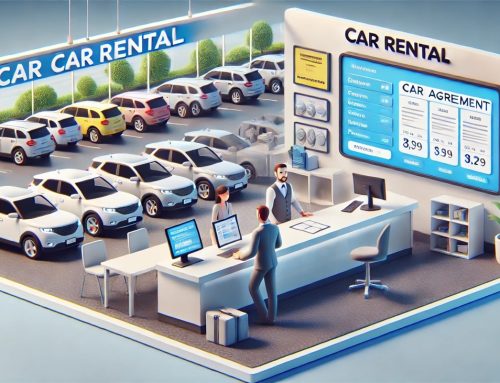August 5, 2022
In order to deal with inflation, Americans are turning to credit.
They’re not just carrying larger credit card balances as sky-high inflation and rising interest rates hit household wallets. According to a study released Tuesday by the Federal Reserve Bank of New York’s Center for Microeconomic Data, credit card balances have increased by 13% year over year. Since 2002, this is the largest increase in 20 years.
According to the quarterly report on household debt and credit, credit card debt stood at $890 billion at the end of the second quarter. While credit card balances typically rise in the second quarter, the $46 billion increase makes this year’s second quarter one of the highest on record since 1999.
Total credit card balances were last this high in the first quarter of 2020.”Americans are borrowing more, but a large portion of that increased borrowing is attributable to higher prices,” researchers at the New York Fed wrote. Researchers note that not only have credit card balances increased, but so has the number of new credit cards.
Mortgages, auto loans, retail cards, and other consumer loans increased at a similar rate. Non-housing debt increased by $103 billion in the second quarter, the largest increase since 2016, according to the New York Fed.
According to the New York Fed, total household debt in the United States increased by 2% in the second quarter to $16.15 trillion. This puts balances about $2 trillion higher than they were at the end of 2019, before the pandemic began.
It’s not surprising that Americans are piling on debt in the following the end of inflation, which reached 9.1 percent in June, or interest rate hikes by the Federal Reserve. The Fed raised its benchmark interest rate by 0.75 percent last week in an effort to reduce current high inflation, but this means those with debt will likely pay more.
Source: FORTUNE
Legal Notice: The information in this article is intended for information purposes only. It is not intended for professional information purposes specific to a person or an institution. Every institution has different requirements because of its own circumstances even though they bear a resemblance to each other. Consequently, it is your interest to consult on an expert before taking a decision based on information stated in this article and putting into practice. Neither Karen Audit nor related person or institutions are not responsible for any damages or losses that might occur in consequence of the use of the information in this article by private or formal, real or legal person and institutions.






